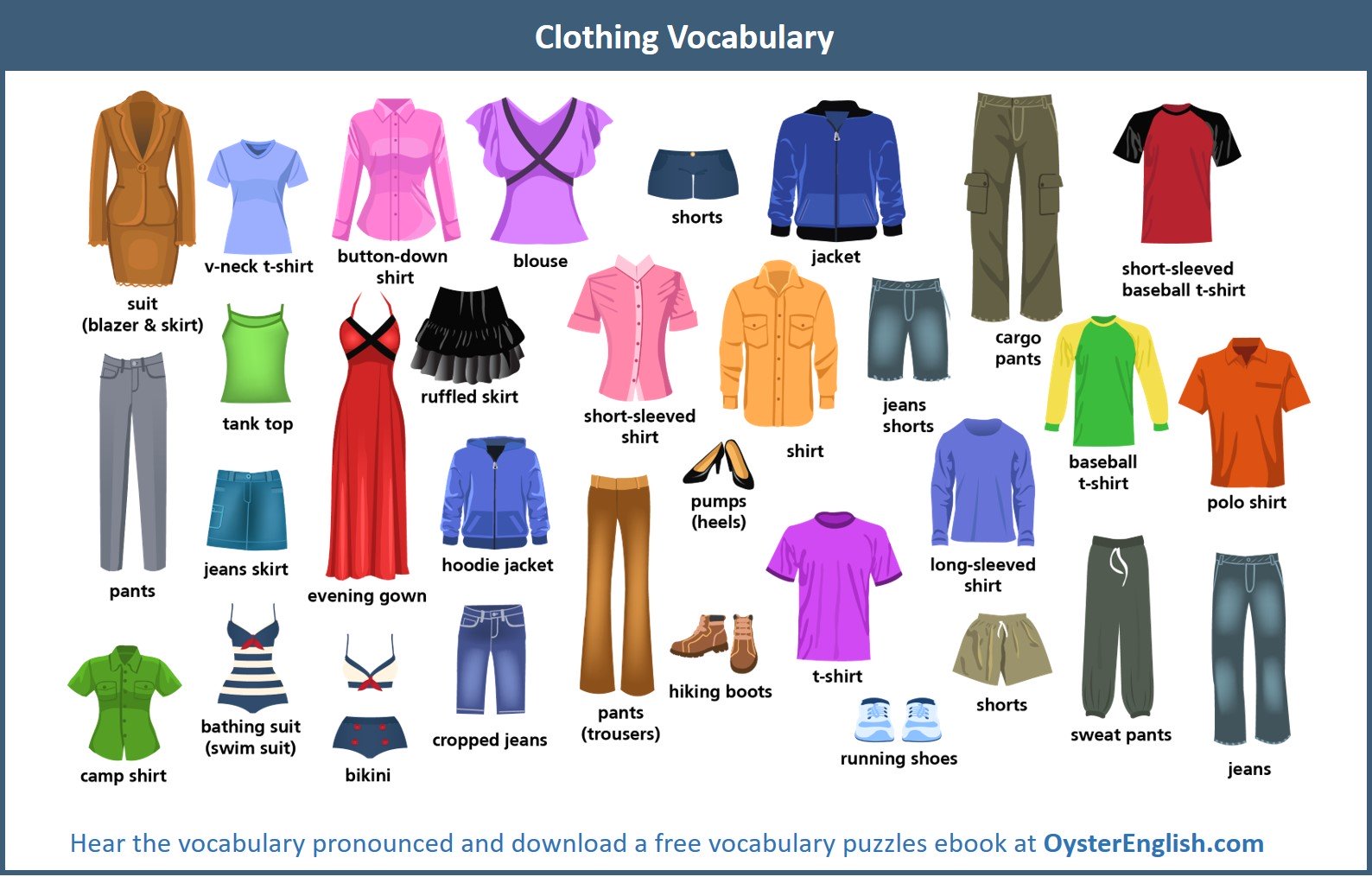Viernes Julio 31 2020
LAS REDES SOCIALES Y OTROS MEDIOS DE COMUNICACIÓN
Indicador de desempeño.
. Identifica las redes sociales y otros medios de comunicación como medio eficaz para difundir información.
ANALIZA Y CONOCE.
EJEMPLO:
INTERPRETA.
1. Lee el texto que se presenta a continuación y responde la pregunta.
. Qué tesis defiende Gladwell frente a la posibilidad de acción política en las redes sociales?
ARGUMENTA.
2. Ten en cuenta el texto Galdwell y el de Ruiz-Navarro que se presentó anteriormente y responde:
¿ Cómo se relacionan las posturas de los autores en cuanto a la idea del activismo en las redes sociales?.
PROPÓN.
3. A partir de sus posturas y tu experiencia en las redes sociales, responde:
. ¿ Crees que estas pueden llevar a cambios sociales duraderos ?
. ¿ Por qué ?
ANALIZA Y CONOCE.
EJEMPLO:
ACTIVIDADES DE APRENDIZAJE.
INTERPRETA.
1. Lee el texto que se presenta a continuación y responde la pregunta.
. Qué tesis defiende Gladwell frente a la posibilidad de acción política en las redes sociales?
ARGUMENTA.
2. Ten en cuenta el texto Galdwell y el de Ruiz-Navarro que se presentó anteriormente y responde:
¿ Cómo se relacionan las posturas de los autores en cuanto a la idea del activismo en las redes sociales?.
PROPÓN.
3. A partir de sus posturas y tu experiencia en las redes sociales, responde:
. ¿ Crees que estas pueden llevar a cambios sociales duraderos ?
. ¿ Por qué ?
EVALUACIÓN DE APRENDIZAJE
. Investiga sobre campañas sociales que se realizan en la red. Indaga:
1. ¿ Qué propósitos tiene ?
2. ¿ Cómo alientan a la participación?
3. ¿ Qué hacen que tengan éxito o fracasen?
. Escribe un resumen, de máximo una página, sobre una de las campañas. Muestra su propósito y cuenta cómo gana adeptos y qué resultados ha obtenido. Al final, incluye tu opinión sobre el mismo.
EJES PEDAGÓGICOS




































